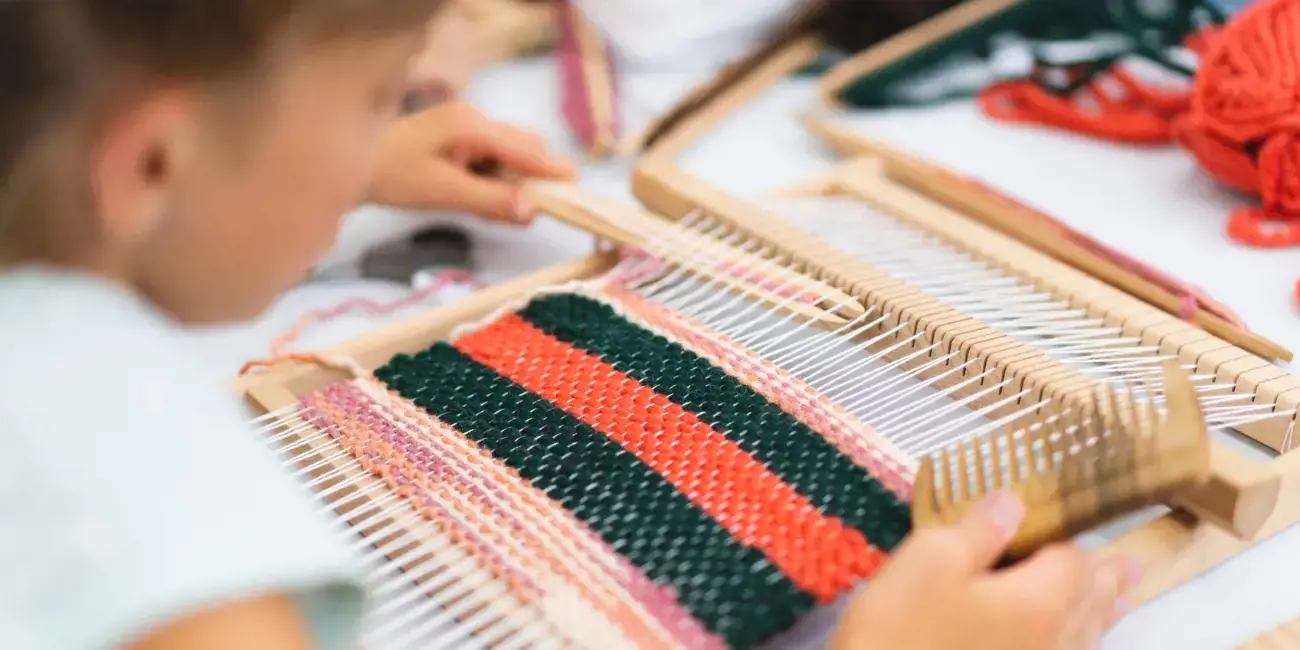In many ways, the modern kindergarten (in early childhood rather than primary school) owes its existence to German educator Friedrich Froebel. In 1837, when few others were engaged in educating pre-school aged children, Froebel created a program for young children based on 'play and activity' and 'the nurturing of creativity' to help children develop and grow.

Froebel was the first to recognise that children experience significant brain development in their first three years of life and his kindergartens (children's gardens) were based on the philosophy that humans are essentially creative beings that need to be given the opportunity to experience, learn and develop on their own terms and in their own timeframe.
As parents, we all want our children to grow up with a love for learning and a strong foundation to their education. The Froebel approach promotes holistic development and creativity in early childhood education.
This learning philosophy emphasises the importance of play, nature, and hands-on experiences while fostering a child's intellectual, emotional, and physical growth.
We’re exploring this approach in depth and looking at the key principles to help you, as parents better decide on the right care for your child.
Play is the natural way
At the heart of the Froebel approach is the belief that play is the natural way through which children explore and make sense of the world.
Play is not seen as entertainment, but as a meaningful and purposeful activity that allows children to develop their creativity, problem-solving skills, and social interactions. Through play, children engage in self-directed learning and construct their understanding of concepts.
Gifts and occupations
Froebel introduced the concept of "gifts" and "occupations" to support children's learning and development.
Gifts refer to simple objects, such as wooden blocks, balls, and sticks, which encourage exploration, manipulation, and construction.
Occupations, on the other hand, involve more complex hands-on explorations and practice with skills like clay work, woodwork, lacing, weaving, drawing, and cutting. These materials and activities allow children uninterrupted periods of play where they construct their own meaning of how things work and are designed to excite children's imagination, fine motor skills, and spatial awareness.
Nature is the learning environment
Froebel believed that nature provides an ideal environment for children to develop their senses, curiosity, and appreciation for the world around them.
Outdoor experiences like gardening, being with plants and animals as well as exploring natural materials, are essential to the Froebel approach. Connecting with nature not only enhances children's understanding of science and the environment but promotes their physical well-being and emotional connection with the natural world.
Respect
The Froebel approach recognizes the uniqueness of each child and values their individual interests, talents, and developmental stages. Educators endeavour to create a nurturing and inclusive environment where children can freely express themselves and pursue their own learning paths.
By respecting and supporting individual differences, the Froebel approach aims to foster a sense of belonging, self-confidence, and deep-rooted motivation in each child.
The Froebel Trust, a not for profit organisation in the UK committed to keeping Froebel's philosophies alive, summarises the key Froebellian principles education and care providers of children aged zero-eight need to keep in mind to maximise development and wellbeing:
- The integrity of childhood in its own right
- The relationship of every child to family, community and to nature, culture and society
- The uniqueness of every child's capacity and potential
- The holistic nature and development of every child
- The role of play and creativity as central integrating elements in development and learning
- The right of children to protection from harm or abuse and to the promotion of their overall wellbeing.
References and further reading
Froebelgifts.com
Spielgaben.com Comparison among Froebel, Montessori, Reggio Emilia and Waldorf-Steiner Methods – Part 1
Froebelweb
The Froebel Trust



































